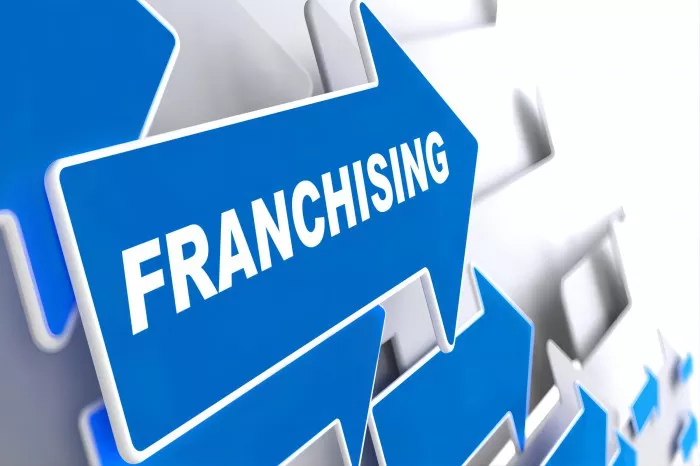Distributorship Franchise
A distributorship franchise is a type of franchise agreement in which the franchisor grants the franchisee the right to distribute its products within a specific territory or region. In this arrangement, the franchisee acts as an intermediary between the franchisor and the end consumers, purchasing products from the franchisor and selling them to retailers or directly to customers.
Here’s how a distributorship franchise typically works:
1. Franchise Agreement: The franchisor and the franchisee enter into a contractual agreement, outlining the terms and conditions of the distributorship arrangement. This agreement specifies the rights and obligations of both parties, including the territory covered, the duration of the agreement, and any fees or royalties payable by the franchisee.
2. Exclusive Territory: The franchisee is usually granted an exclusive territory or geographic area in which to operate the distribution business. This ensures that the franchisee has the sole right to distribute the franchisor’s products within that region, thereby minimizing competition from other franchisees.
3. Product Procurement: The franchisee is responsible for purchasing the franchisor’s products at wholesale prices, either directly from the franchisor or from authorized suppliers. These products may include goods, supplies, or equipment manufactured or supplied by the franchisor.
4. Distribution Operations: The franchisee operates a distribution center or warehouse within their territory, where they store, inventory, and manage the franchisor’s products. They are also responsible for delivering these products to retail outlets, businesses, or end consumers within their territory.
5. Sales and Marketing: The franchisee is typically responsible for marketing and promoting the franchisor’s products within their territory, including advertising, sales promotions, and customer relationship management. They may also provide training and support to retailers or customers on the proper use or installation of the products.
6. Support and Training: The franchisor may provide initial training and ongoing support to the franchisee, including assistance with business operations, inventory management, marketing strategies, and product knowledge. This support helps ensure the success and profitability of the distributorship franchise.
7. Fees and Royalties: In exchange for the rights granted under the franchise agreement, the franchisee may be required to pay certain fees or royalties to the franchisor. These fees could include an initial franchise fee, ongoing royalties based on sales volume, or other charges for marketing, advertising, or support services.
The distributorship franchise offers entrepreneurs the opportunity to operate a business within a specific industry or market segment, leveraging the brand recognition, products, and support of an established franchisor. It provides a pathway to entrepreneurship with less risk and greater support compared to starting a business from scratch.
Other Types of Franchising Agreement
In addition to distributorship franchising, there are several other types of franchise agreements. These include:
Single-Brand Franchising: In this type of agreement, the franchisor grants the franchisee the right to operate a single brand or product line. The franchisee typically operates exclusively in a specific area and is responsible for selling the brand’s products or providing related services.
Multi-Brand Franchising: This agreement allows the franchisee to operate multiple brands or product lines. The franchisee may operate multiple different brands in the same area or different brands in different areas.
Master/Sub-Franchising: In this arrangement, the franchisor grants a master franchisee the right to own the franchise in a specific territory and allows them to grant sub-franchise rights within that territory. The master franchisee is responsible for managing and supporting the sub-franchisees, who operate the business.
Area Development Franchising: Under this agreement, the franchisor grants the franchisee the right to develop a certain number of units or stores in a specific area. The franchisee commits to opening a specified number of units within a certain period and operates the franchise brand exclusively in that area.
Business Format Franchising: This is a comprehensive type of franchise agreement where the franchisor provides the franchisee with a complete business model, operations manual, brand identity, and support services. The franchisee is typically required to operate according to the franchisor’s specified standards and procedures.

